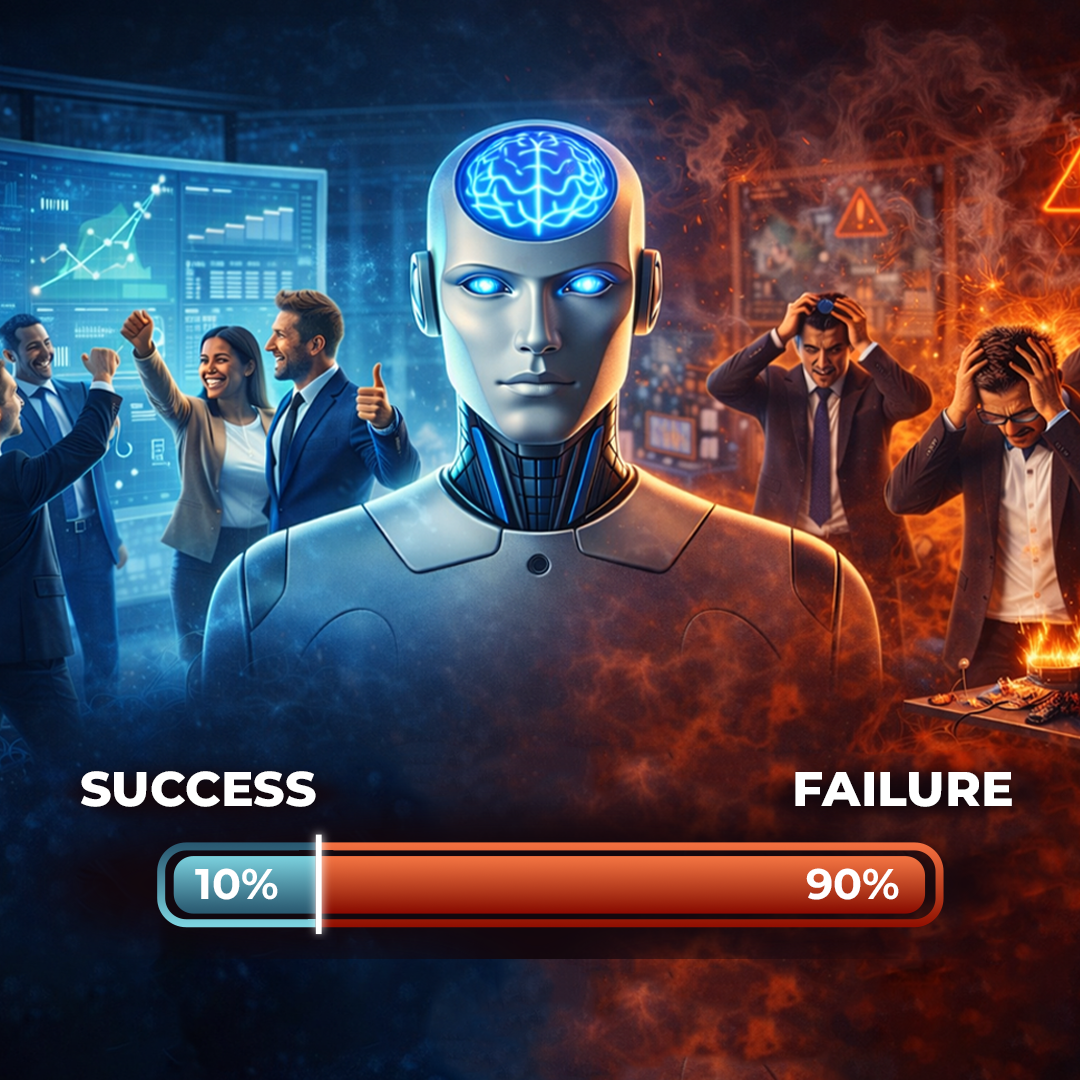Technologies
Our expert developers use the latest tools and technology to create user-friendly software with a solid technical foundation
Technologies We Use
We harness the power of the latest technologies to deliver innovative, scalable, and high-performance solutions. Our expert team ensures seamless integration and exceptional user experiences, driving success across every platform.
Front End Development
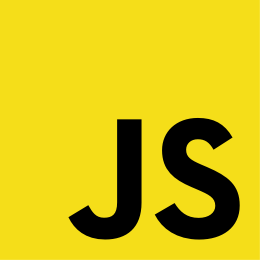
JavaScript
JavaScript is a powerful programming language that is consistently supported by various browsers. Along with HTML and CSS, it is a key component of web technology. JavaScript is a modern technology that is widely supported across platforms, including web browsers.
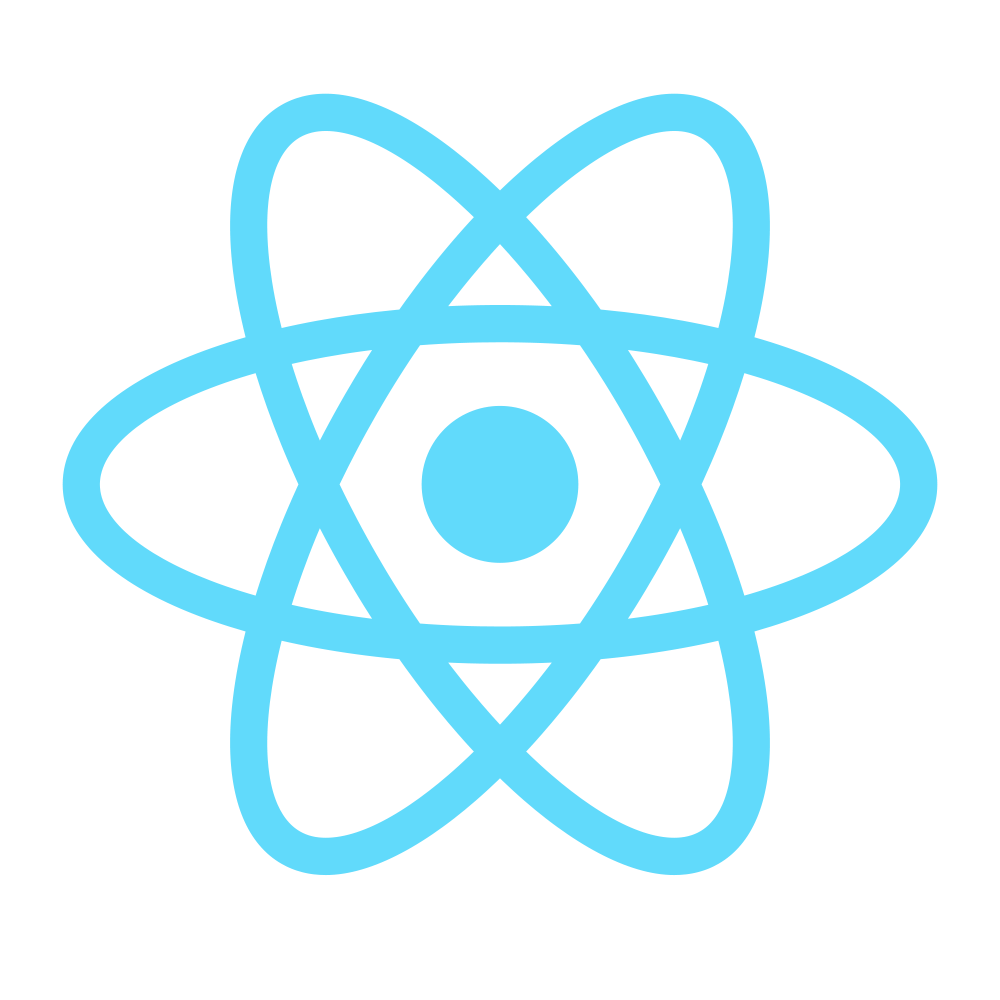
React
The simplicity of React is evident in how user interfaces are declared. One of the biggest challenges in web performance is updating the DOM. React addresses this by introducing the virtual DOM, which is kept in memory.

Angular
A complete overhaul of the original AngularJS, Angular 2+ leverages TypeScript to deliver a more modern, modular, and scalable framework. Its component-based architecture, improved performance, and enhanced tooling make it an excellent choice for building complex, enterprise-level applications.

Vue JS
When building user interfaces and single-page applications, Vue.js provides a flexible, lightweight JavaScript framework. Its progressive nature means it can be adopted incrementally, making it a great choice for both simple and complex applications, with a focus on simplicity and ease of integration.
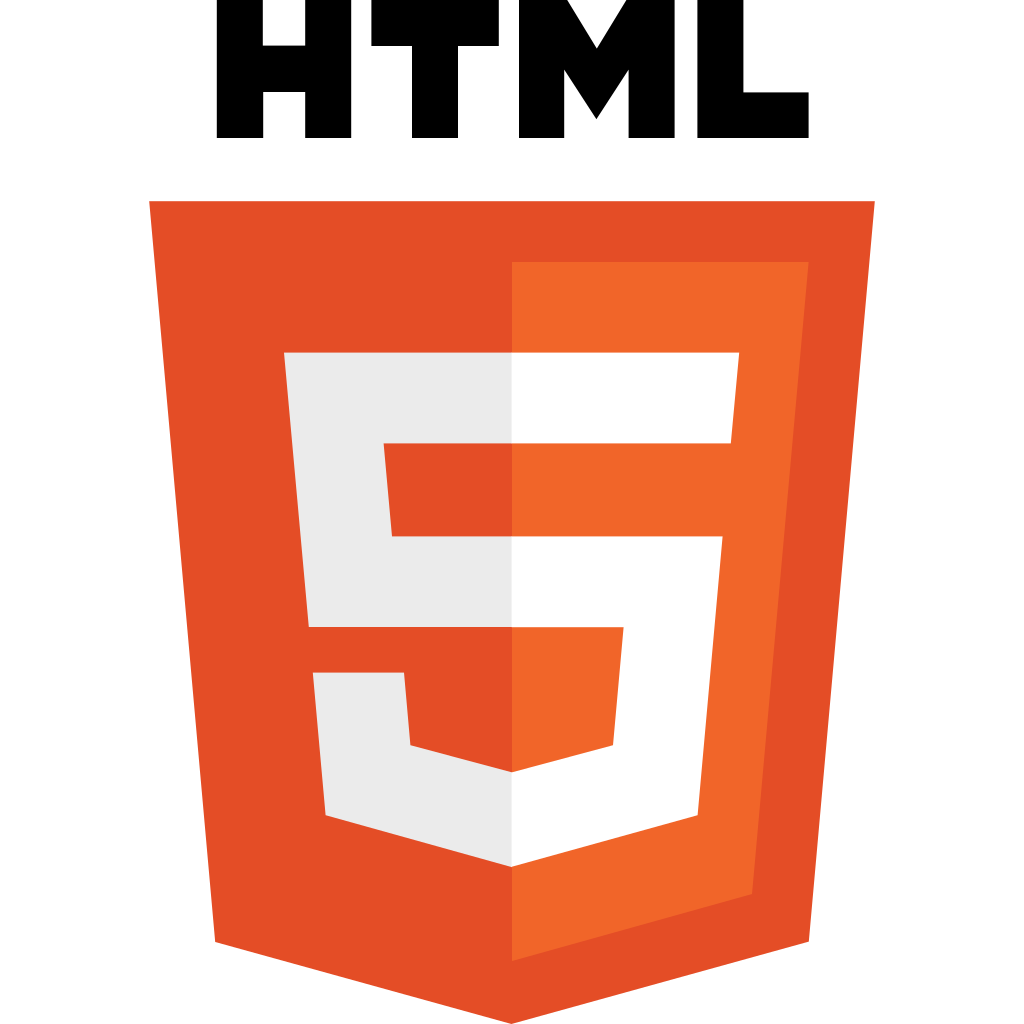
HTML
It is a fundamental building block of the modern web. It introduces new elements and APIs for embedding rich multimedia content, improving performance, and supporting responsive design, ensuring a better user experience across all devices and platforms.
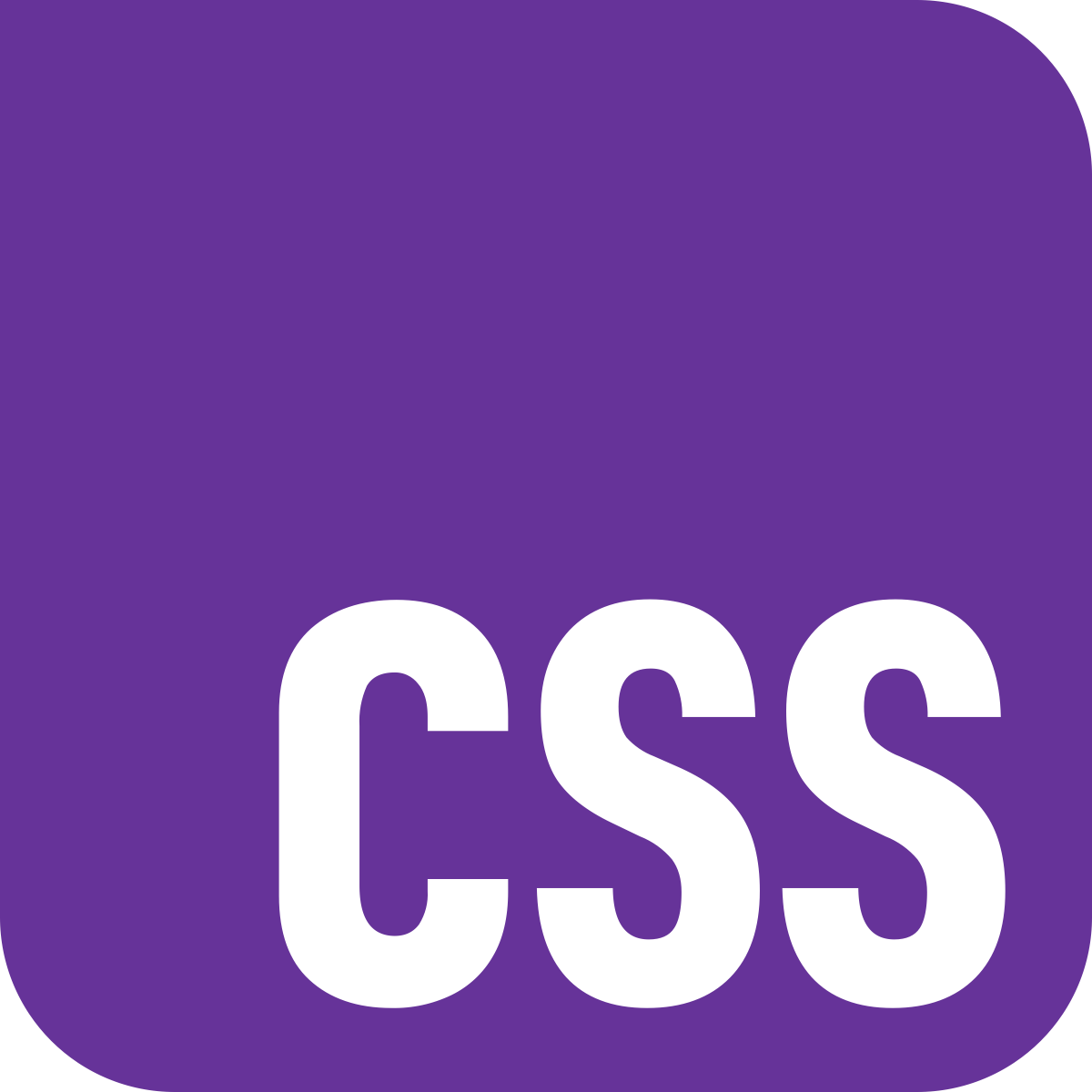
CSS
When it comes to styling web pages, CSS brings advanced features such as animations, transitions, and responsive design capabilities. These features enable the creation of interactive, visually appealing, and adaptive web interfaces that work seamlessly across different screen sizes.
Back End Development
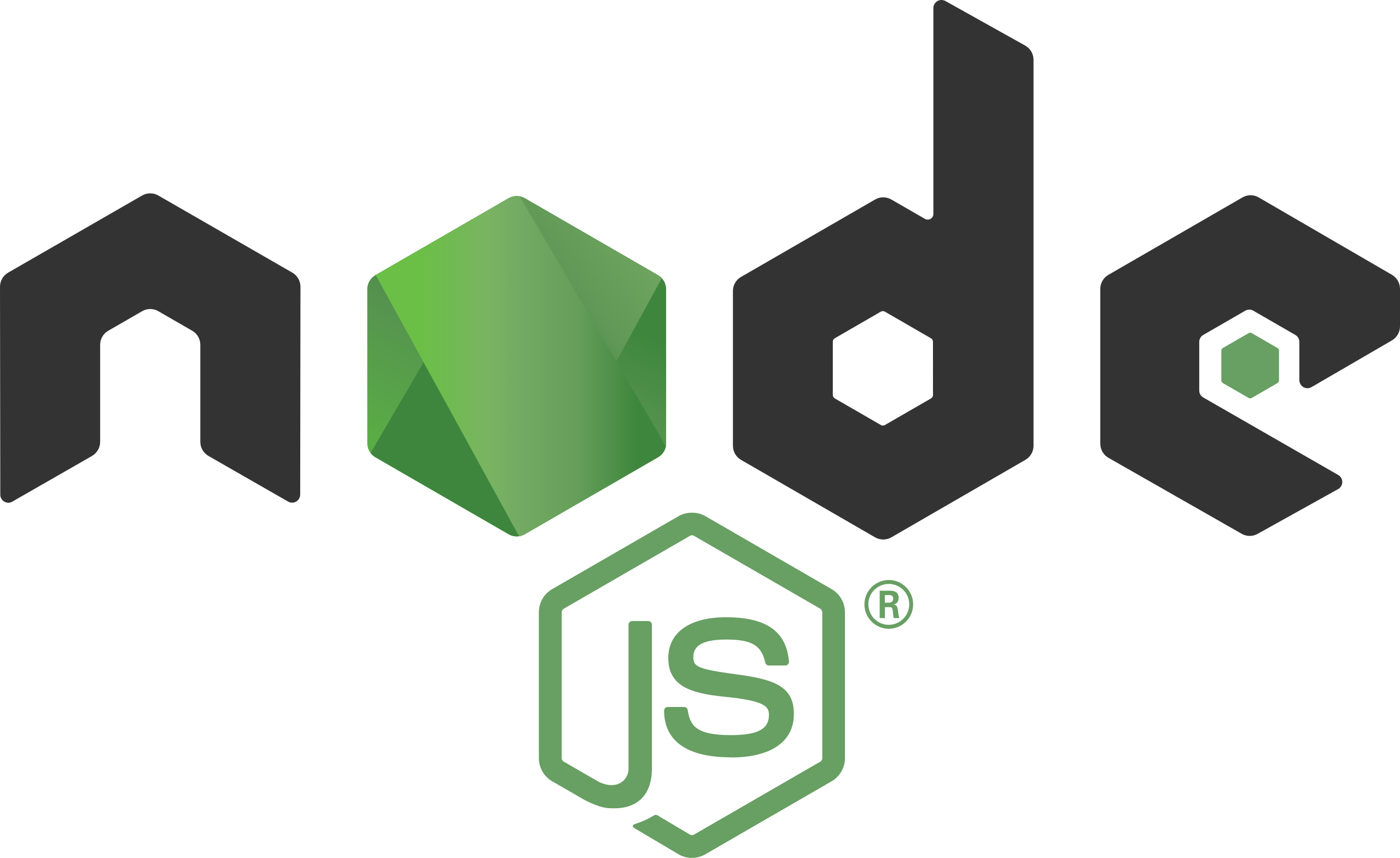
Node.js
Node.js is a runtime environment built on Chrome’s V8 engine that allows JavaScript to be executed on the server-side. With its non-blocking, event-driven architecture, Node.js is ideal for building fast, scalable backend services, especially for applications that handle a large number of concurrent connections.

Express
When building web applications with Node.js, Express is a minimal and flexible web framework that simplifies routing and middleware management. It enables developers to quickly set up server-side logic and handle HTTP requests, making it a popular choice for backend development in Node.js environments.

Scala
Scala is a modern, statically-typed programming language that runs on the Java Virtual Machine (JVM). Known for its concise syntax and functional programming features, Scala is often used in backend development to build scalable, high-performance systems, particularly in areas like big data processing and distributed systems.
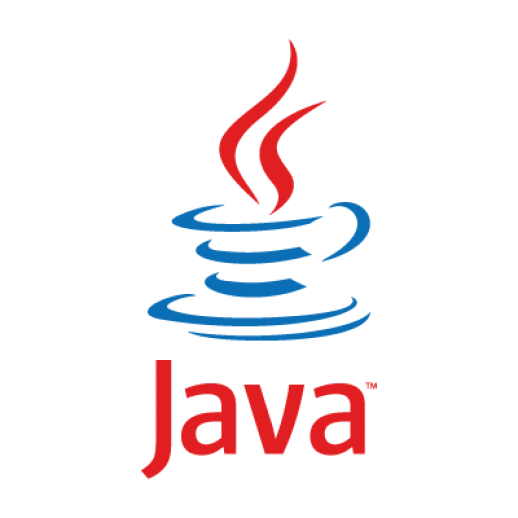
Java
A powerful, object-oriented programming language, Java is widely used for building scalable and high-performance backend systems. Known for its platform independence, Java runs on a wide range of platforms, making it an ideal choice for large-scale enterprise applications and server-side development.
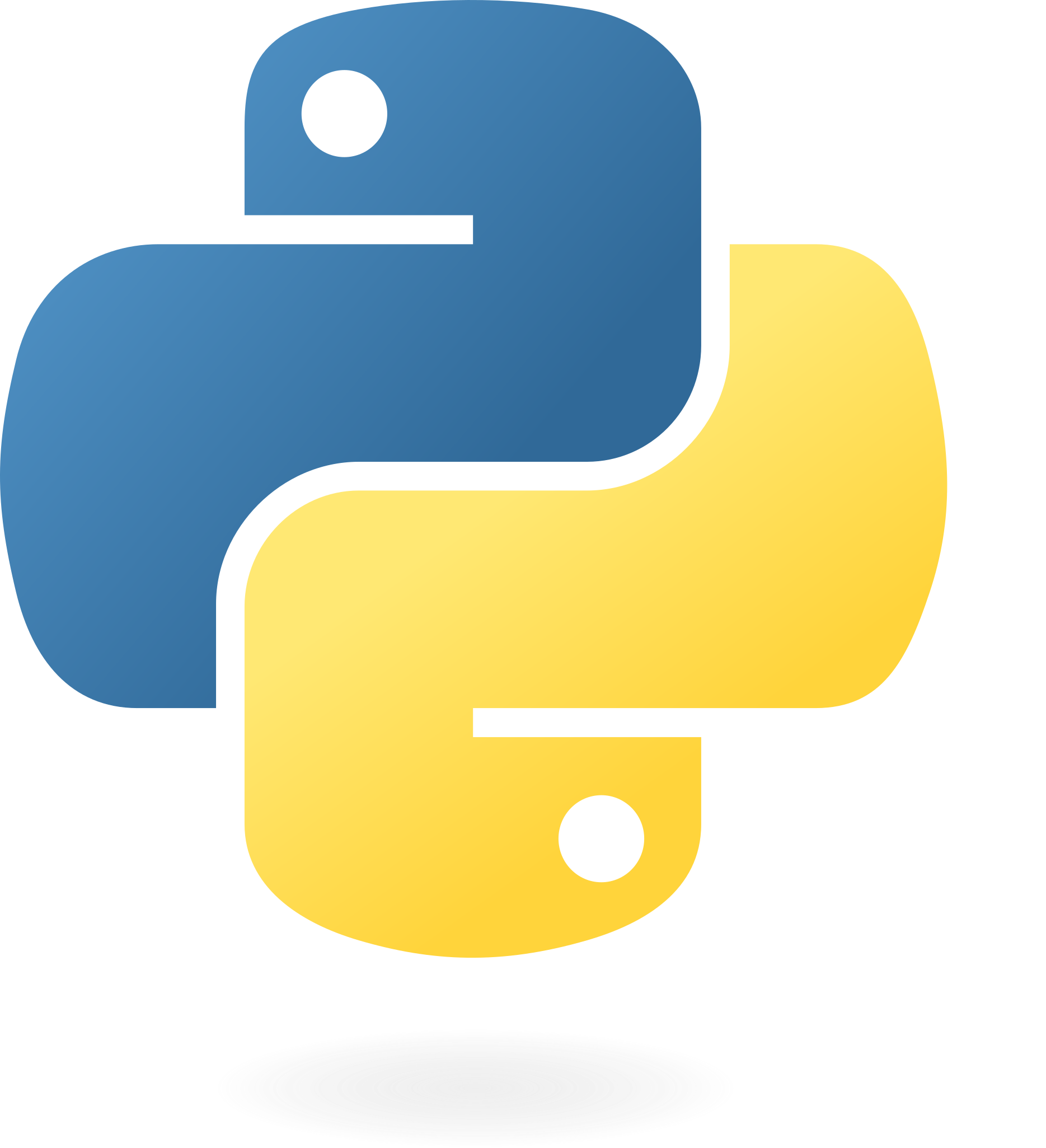
Python
Python is a versatile, high-level programming language that is widely used for backend development due to its simplicity and readability. With powerful frameworks like Django and Flask, Python is an excellent choice for building robust, scalable web applications and services, especially for rapid development and prototyping.
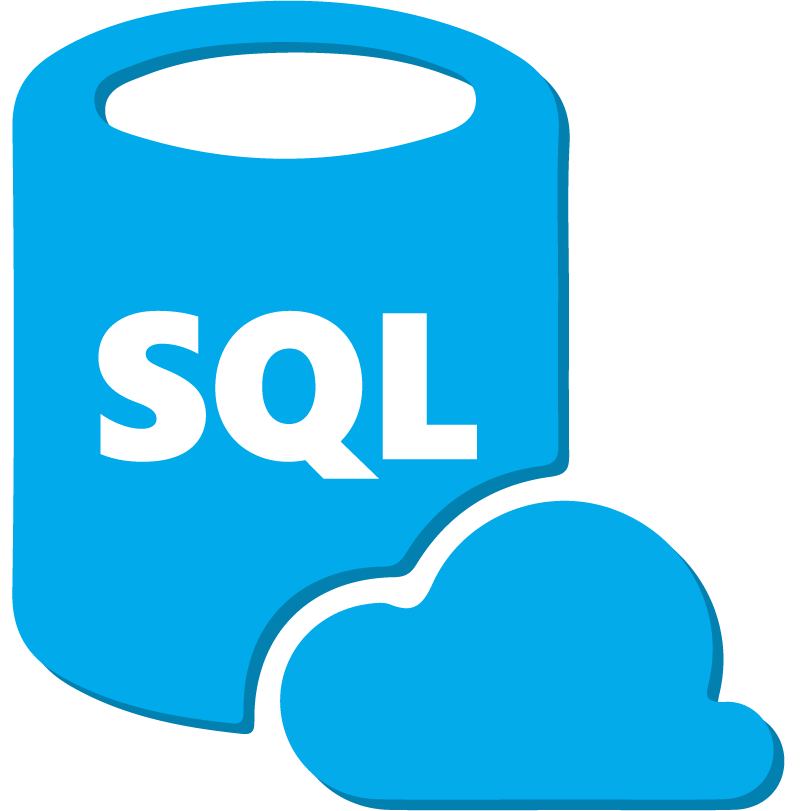
SQL
For managing structured data in relational databases, SQL (Structured Query Language) is the standard language used to query, insert, update, and delete data. SQL is fundamental in backend development for interacting with databases and ensuring data integrity and relationships within applications.

GraphQL
For building flexible and efficient APIs in web abd mobile applications, GraphQL allows developers to query exactly the data they need, minimizing over-fetching and under-fetching of data. It enhances the interaction between mobile apps and backend servers by enabling faster and more optimized data retrieval.

NoSQL
NoSQL databases are non-relational databases designed to handle large volumes of unstructured or semi-structured data with high scalability and flexibility. NoSQL DBs are commonly used in real-time analytics, big data applications, content management systems, and distributed systems.

React Native
For building mobile applications using JavaScript and React, React Native provides a strong framework that allows developers to write code once and deploy it on both iOS and Android. It offers near-native performance while enabling the reuse of code and components, making it ideal for cross-platform mobile development.
Ionic
Designed for building hybrid mobile applications, Ionic uses web technologies like HTML, CSS, and JavaScript to provide an extensive library of UI components. These components give apps a native-like look and feel, allowing developers to create cross-platform mobile apps with a single codebase.
Flutter
Flutter is a UI toolkit developed by Google for building natively compiled applications from a single codebase for iOS, Android, web, and desktop. It provides a rich set of pre-designed widgets and high-performance rendering, allowing developers to create beautiful, responsive mobile apps quickly and efficiently.
Native Script
For truly native mobile app development using JavaScript, TypeScript, or Angular, NativeScript allows developers to create high-performance, cross-platform iOS and Android apps with full access to native APIs. It’s an excellent choice for those looking to build native apps while reusing code across platforms.

Amazon Web Services (AWS)
Amazon Web Services (AWS) is a leading cloud platform offering scalable, on-demand computing services like storage, databases, and virtual servers. With tools such as EC2, S3, and Lambda, AWS supports various workloads including web hosting, machine learning, and big data. It's widely used for its flexibility, global reach, and security features.
Google Cloud
Google Cloud is a suite of cloud computing services by Google, offering infrastructure, data storage, machine learning, and app development tools. Known for high performance and strong AI capabilities, it includes services like Compute Engine, Cloud Storage, and BigQuery. It’s favored for analytics, scalability, and deep integration with Google’s ecosystem.
Microsoft Azure
Microsoft Azure is a cloud computing platform offering services like virtual machines, storage, databases, AI, and app development tools. It integrates well with Microsoft products, making it ideal for enterprises. Azure supports hybrid cloud setups, serverless computing, and powerful analytics. It's known for scalability, security, and global data centers.
Alibaba Cloud
Alibaba Cloud is a leading cloud service provider in Asia, offering scalable computing, storage, database, AI, and big data services. Part of Alibaba Group, it supports e-commerce, finance, and enterprise needs. Known for strong performance in China and Asia-Pacific, it provides services like ECS (Elastic Compute Service), OSS (Object Storage), and MaxCompute for analytics.
Machine Learning
It is a branch of artificial intelligence that focuses on building algorithms and models that allow systems to learn from and make predictions or decisions based on data. It is used in a wide range of applications, from personalized recommendations to autonomous systems.

NLP
A field of artificial intelligence that enables machines to understand, interpret, and generate human language. It is widely used in applications like chatbots, voice assistants, and language translation, helping machines interact more naturally with humans.
Chatbot
A Chatbot is an AI-powered application designed to simulate conversation with users, often using NLP and machine learning. Chatbots are commonly used for customer support, automating responses to frequently asked questions, and providing personalized experiences in messaging platforms or websites.
Solidity
Solidity is a high-level programming language used to write smart contracts on the Ethereum blockchain. It’s statically typed and influenced by JavaScript, Python, and C++. Solidity enables developers to create decentralized applications (dApps) that run on the Ethereum Virtual Machine (EVM). It supports features like inheritance, libraries, and complex user-defined types. Widely adopted in the blockchain space, Solidity is essential for building tokens, DeFi apps, and NFTs.
Web3
Web3 is a decentralized web ecosystem powered by blockchain technology. It enables peer-to-peer interactions, removing intermediaries like traditional corporations and governments. Web3 allows users to own and control their data, identity, and digital assets through decentralized applications (dApps). It integrates blockchain, cryptocurrencies, and smart contracts, providing transparent, secure, and trustless interactions.
We’d love to hear about your software idea. Let’s start a conversation and see how we can bring it to life.
News and Insights

Secure by Design: How to Embed Security into Every Layer of Software
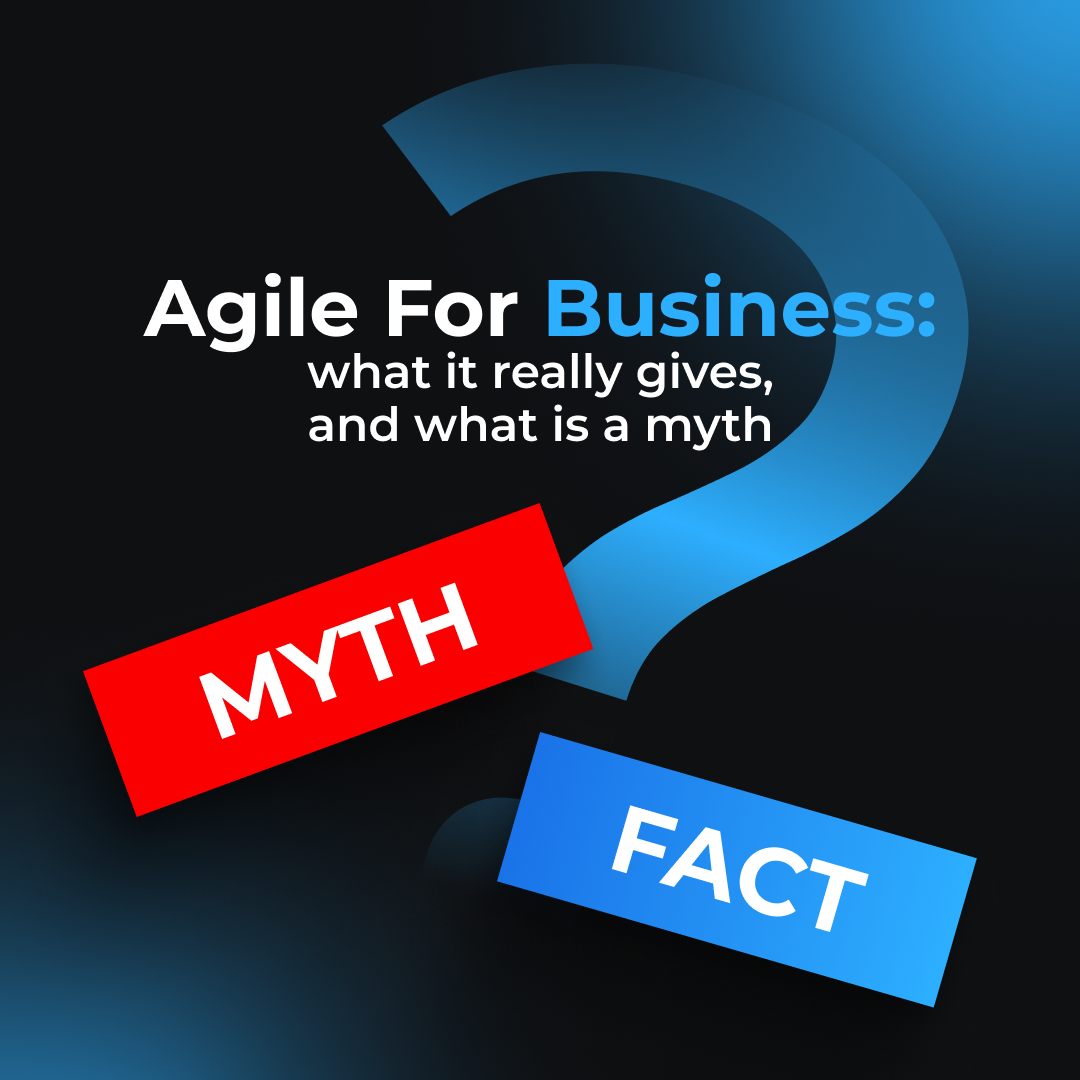
Agile for business: what it really gives, and what is a myth
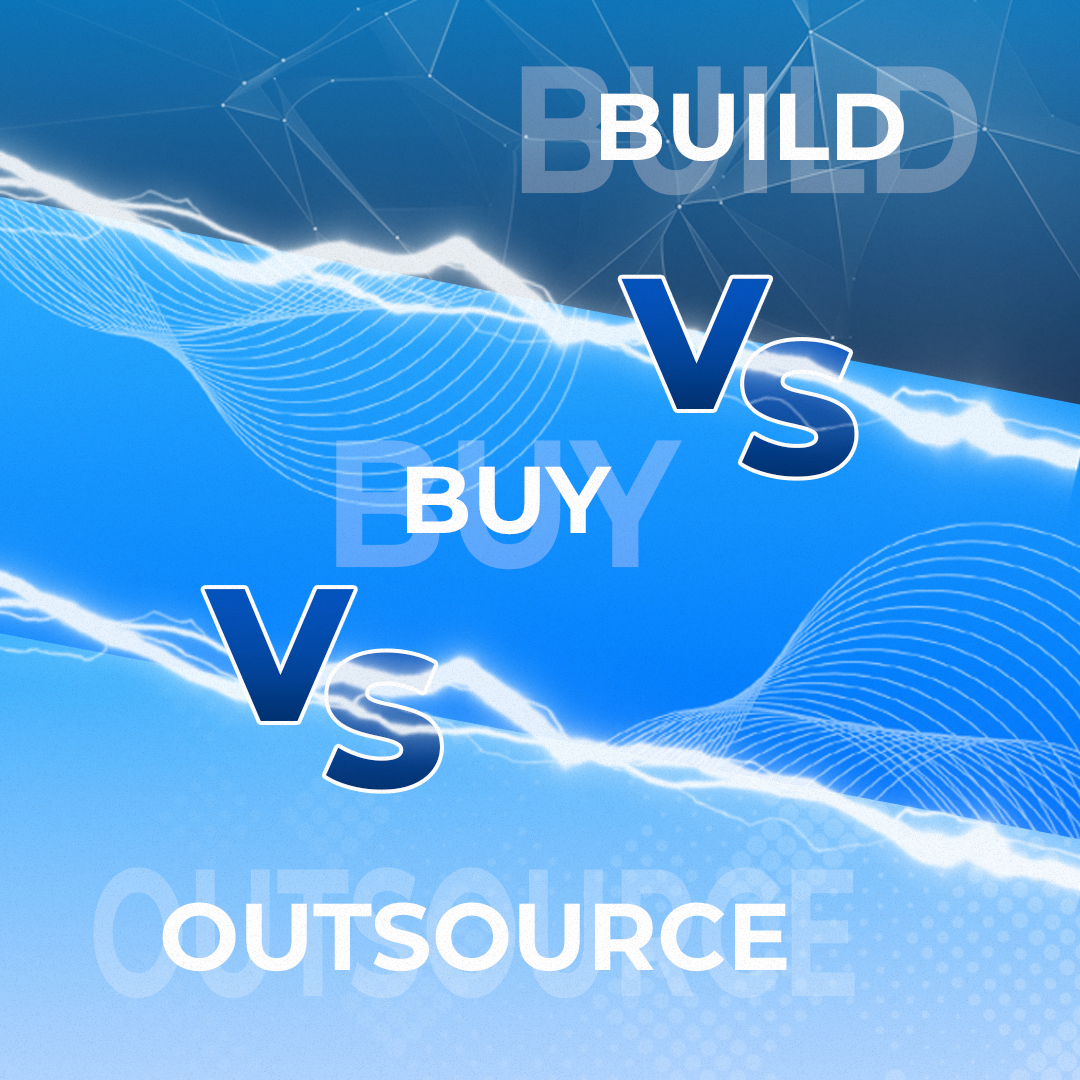
Build vs Buy vs Outsource in 2026
